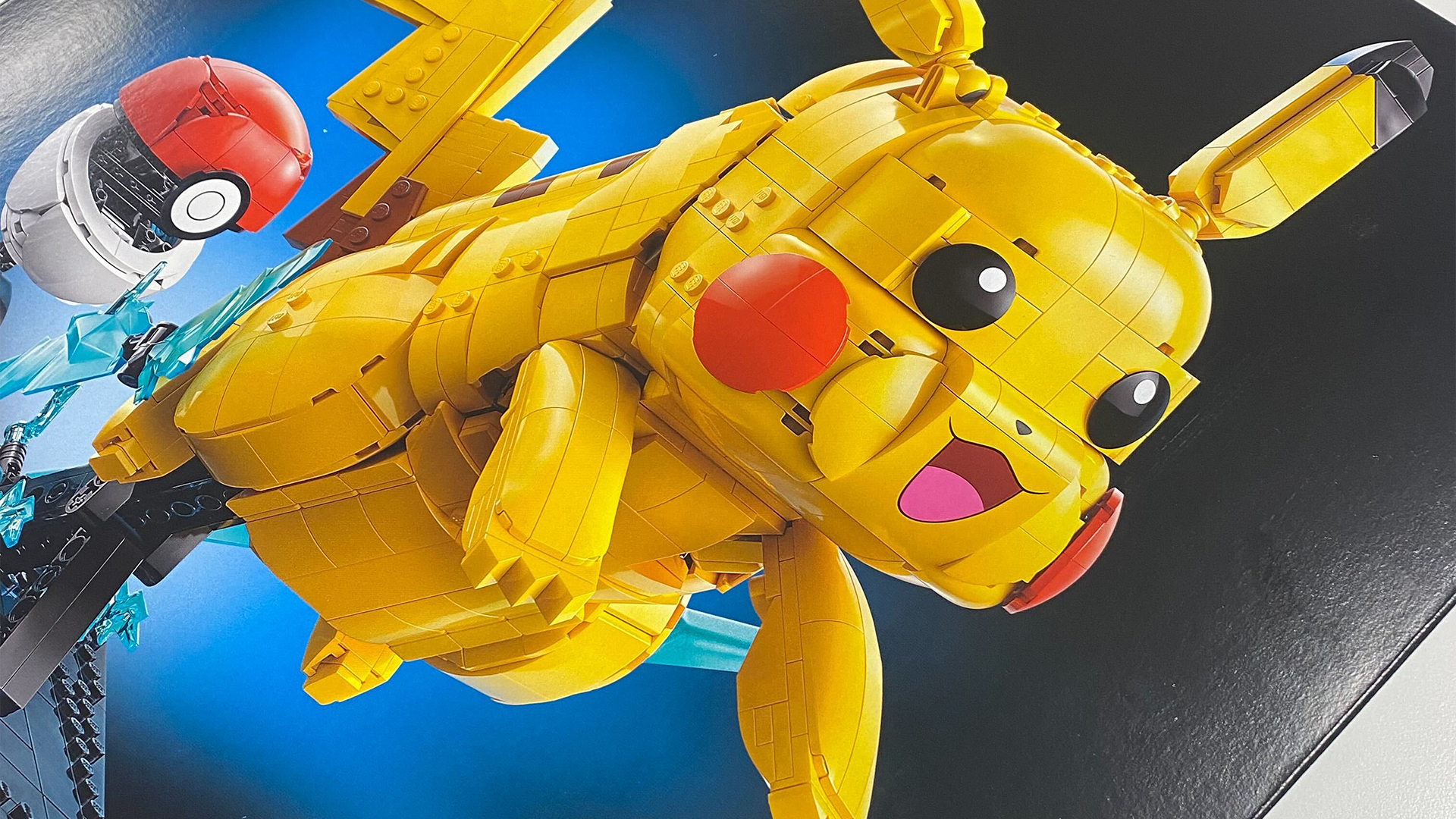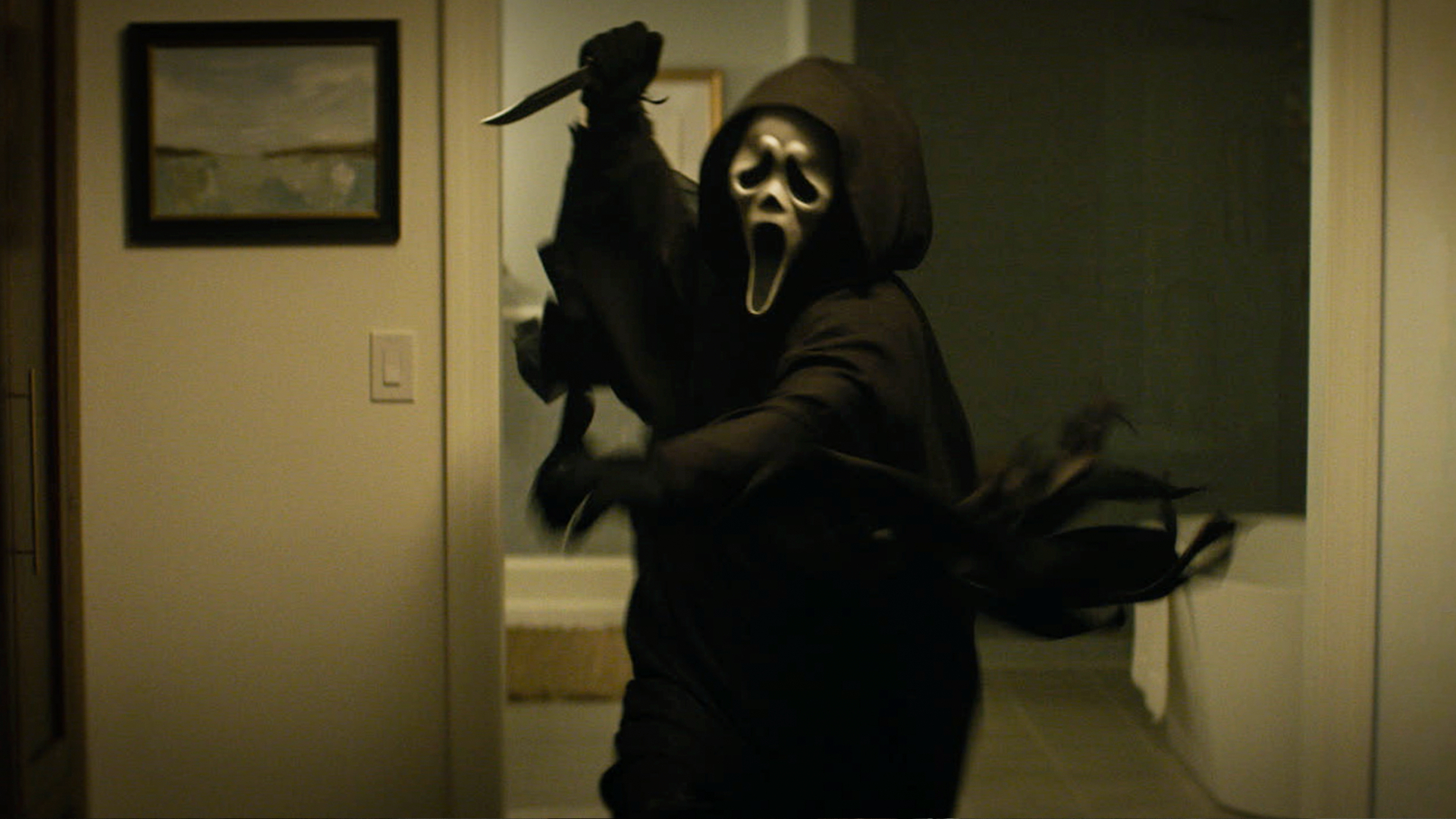With creators of Cyberpunk 2077, Frostpunk 2, and award-winning indies under one roof, Digital Dragons is helping Polish game developers "catch up to the West"
Digital Dragons 2025 | Poland's acclaimed B2B conference celebrates the best of Eastern European gaming and brings it to the global stage
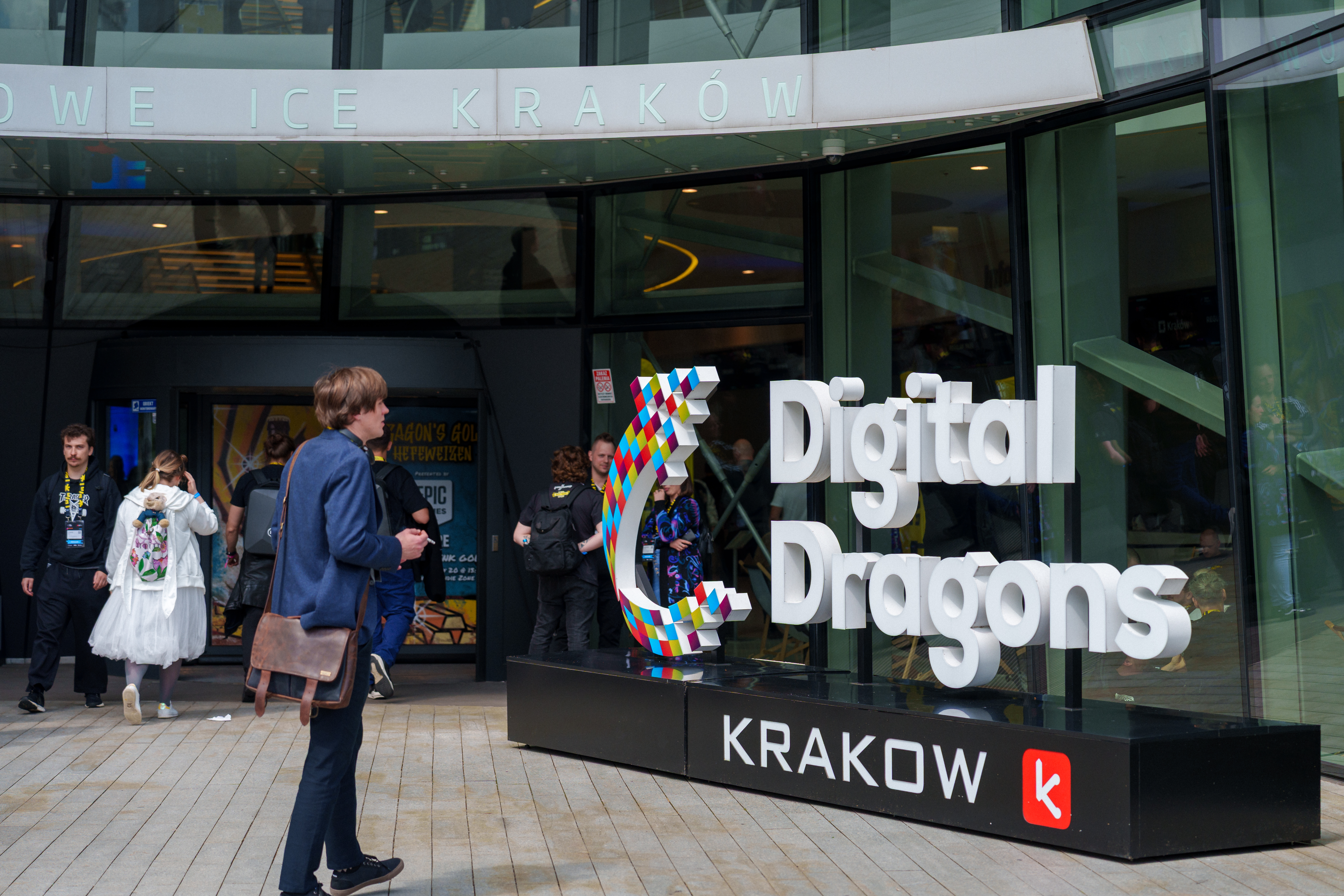
Weekly digests, tales from the communities you love, and more
You are now subscribed
Your newsletter sign-up was successful
Want to add more newsletters?
After coming out of my third lecture in a row at Digital Dragons 2025, I'm met by a wave of people. They aren't all rushing out at once, though – instead, they press towards the front of the room, making a beeline for CD Projekt Red's Sebastian Sagastume following his talk on innovative weapon sounds in Cyberpunk 2077. Most of these people are industry professionals themselves, from studios of all shapes and sizes across Europe and beyond, each eager to introduce themselves and mingle with their fellow developers.
It's a buzz to be this close to so much creativity. Digital Dragons might not yet have the size and scale of GDC, nor the community-first appeal of something like Gamescom, but Krakow's annual B2B gamedev conference is a whole other beast in itself – and everything I experienced over my four day excursion proves it means business.
Hive mind
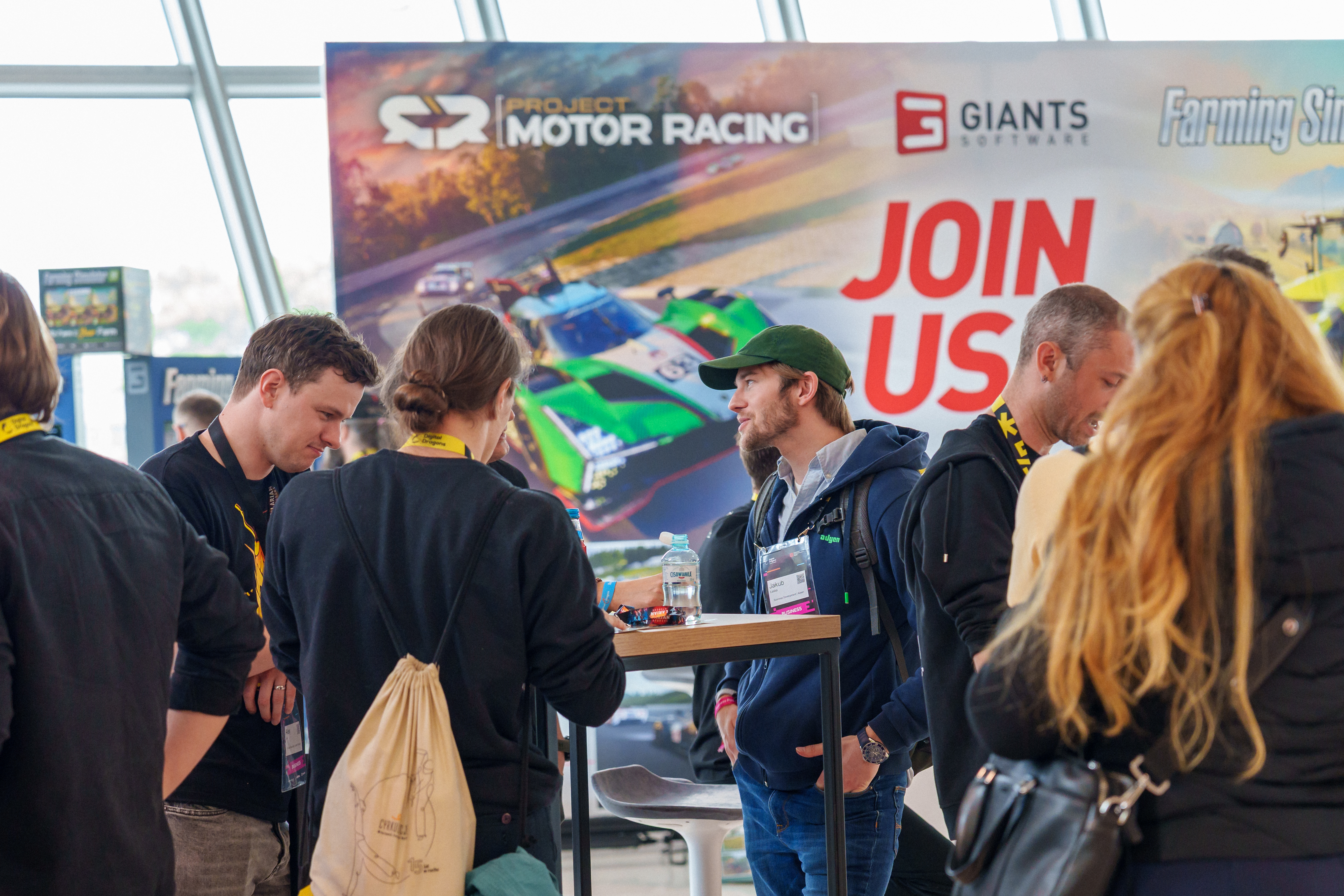
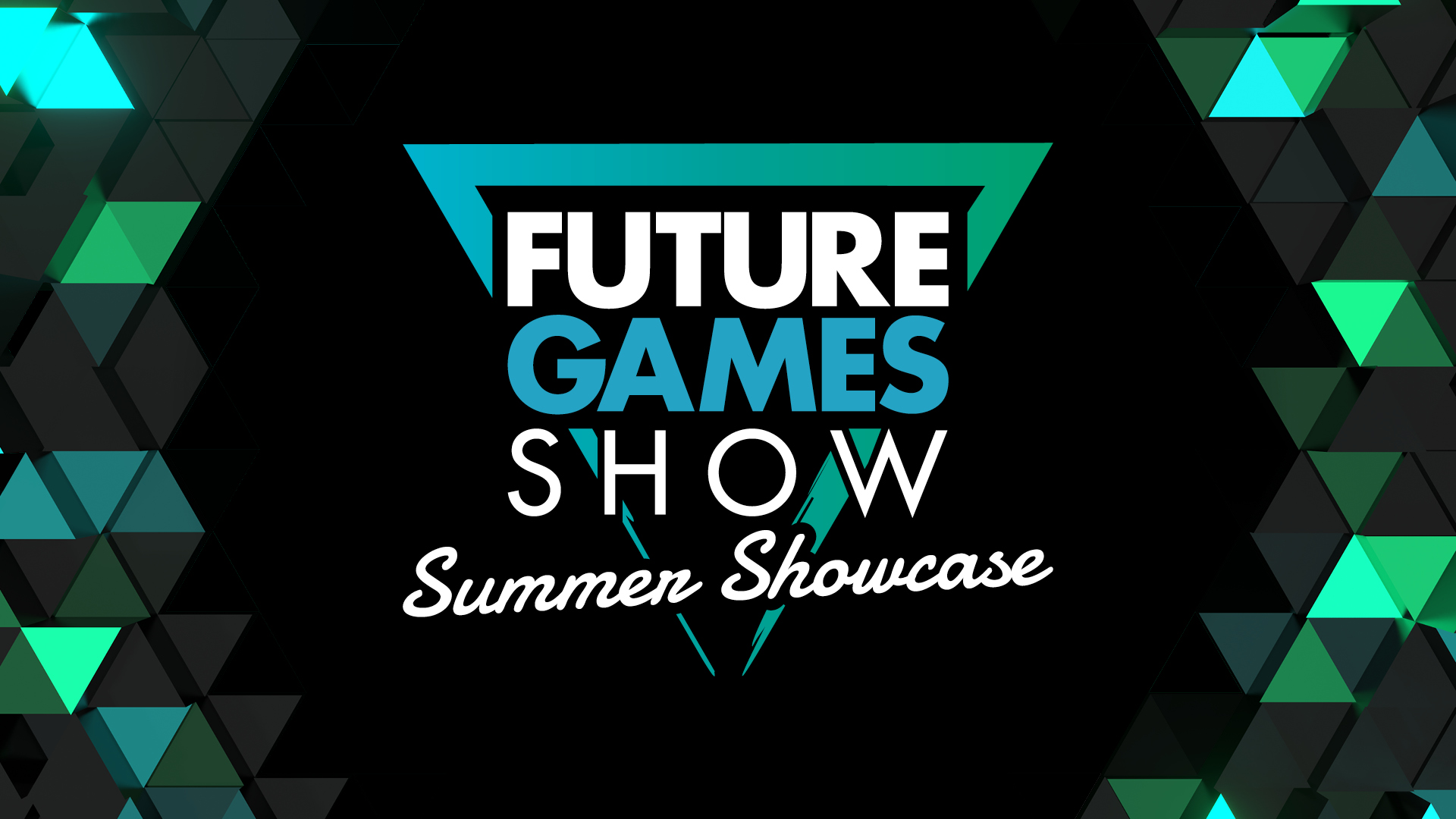
Psyched for some summer showcase coverage? Here's what to expect from 2025's Future Games Show!
Looking around the crowded glass-paneled interior of the Krakow International Conference Center, I remind myself that Digital Dragons wasn't always such a huge event.
The first conference was hosted in 2012, and on a much smaller scale – 300 partners total, largely consisting of local Polish developers and publishers. But as of 2025, Digital Dragons has grown in popularity, with its number of attendees having swelled to attract 2,300 participants from 53 countries this year.
There's a focus on building prestige here, a sense of "quality over quantity" as one representative from Krakow Technology Park put it, crafted through its framework of lectures intended for B2B audiences rather than the community feel of other gaming conventions. By effect, Digital Dragons harnesses the opportunity for industry professionals across Eastern Europe and beyond to show face, network, possibly recruit, and learn from one another's successes and setbacks.
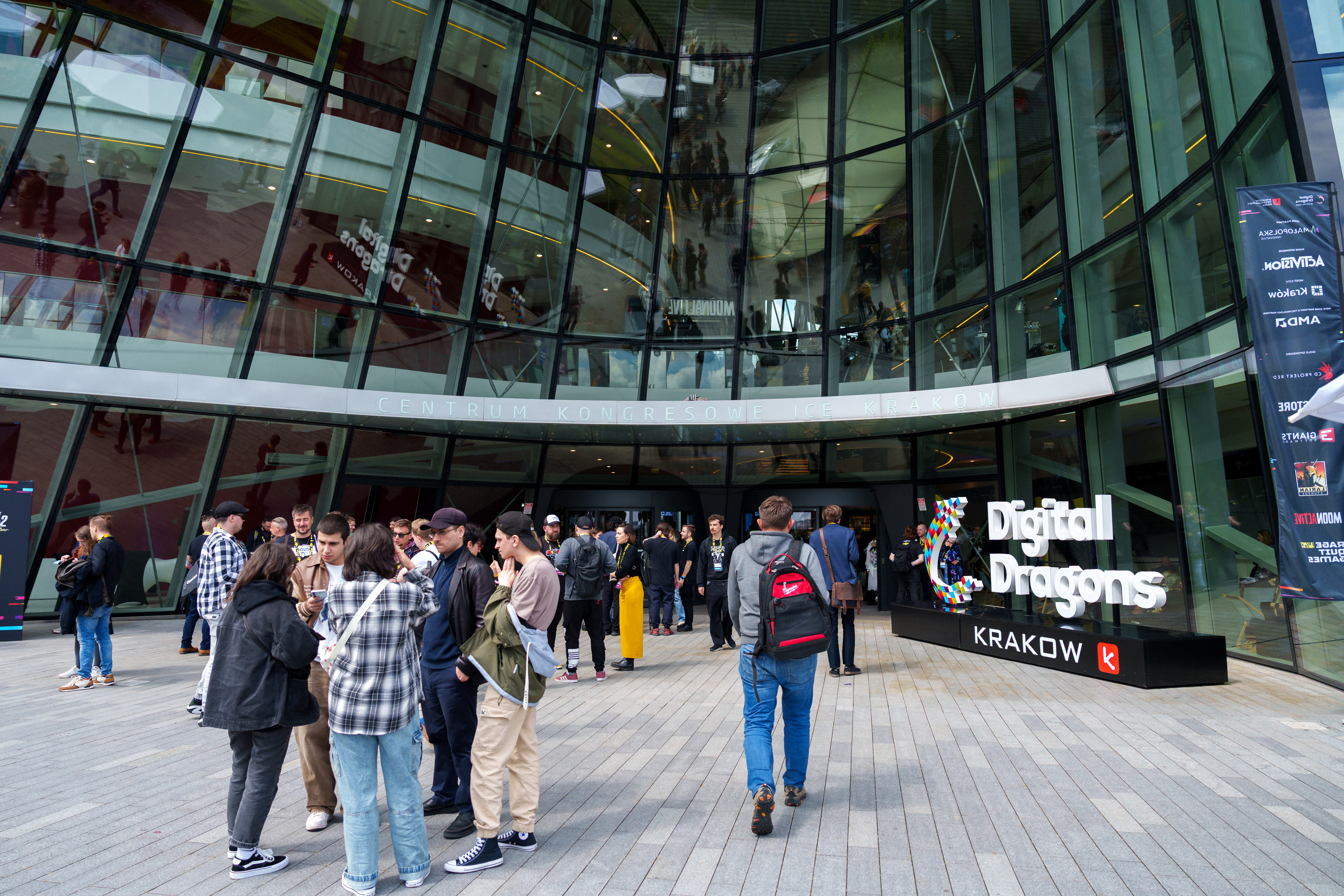
This becomes especially important given how the event caters not only to double and triple-A studios and publishers, but indie developers too.
The expansive Indie Zone on the ground floor fast became my favorite place to hang out between lectures, a maze of whirring computers and bright poster boards, each boasting indies of every genre imaginable.
Weekly digests, tales from the communities you love, and more
Here, small studios set up shop to show off their works-in-progress alongside a handful of acclaimed released titles, like The Midnight Crimes, and promising early access games such as Be My Horde. With survival horror gem Deep Sleep: Labyrinth of the Forsaken (winner of the convention's Indie Dragons award) on offer alongside Little Nightmares 3-style co-op adventure Bumpkin & Sprout, dark fantasy Witcher 3-meets-God of War combo Vranygrai, and every shade of indie in between, it was all too easy to simply while away the hours playing demo builds galore.
But even if I had stayed on the ground floor for the whole convention, I don't think I'd have missed out. Digital Dragon's Indie Zone does not play second fiddle to its plethora of high-profile lectures mere doors away. Rather, it's integral to the whole experience.
From roots to shoots
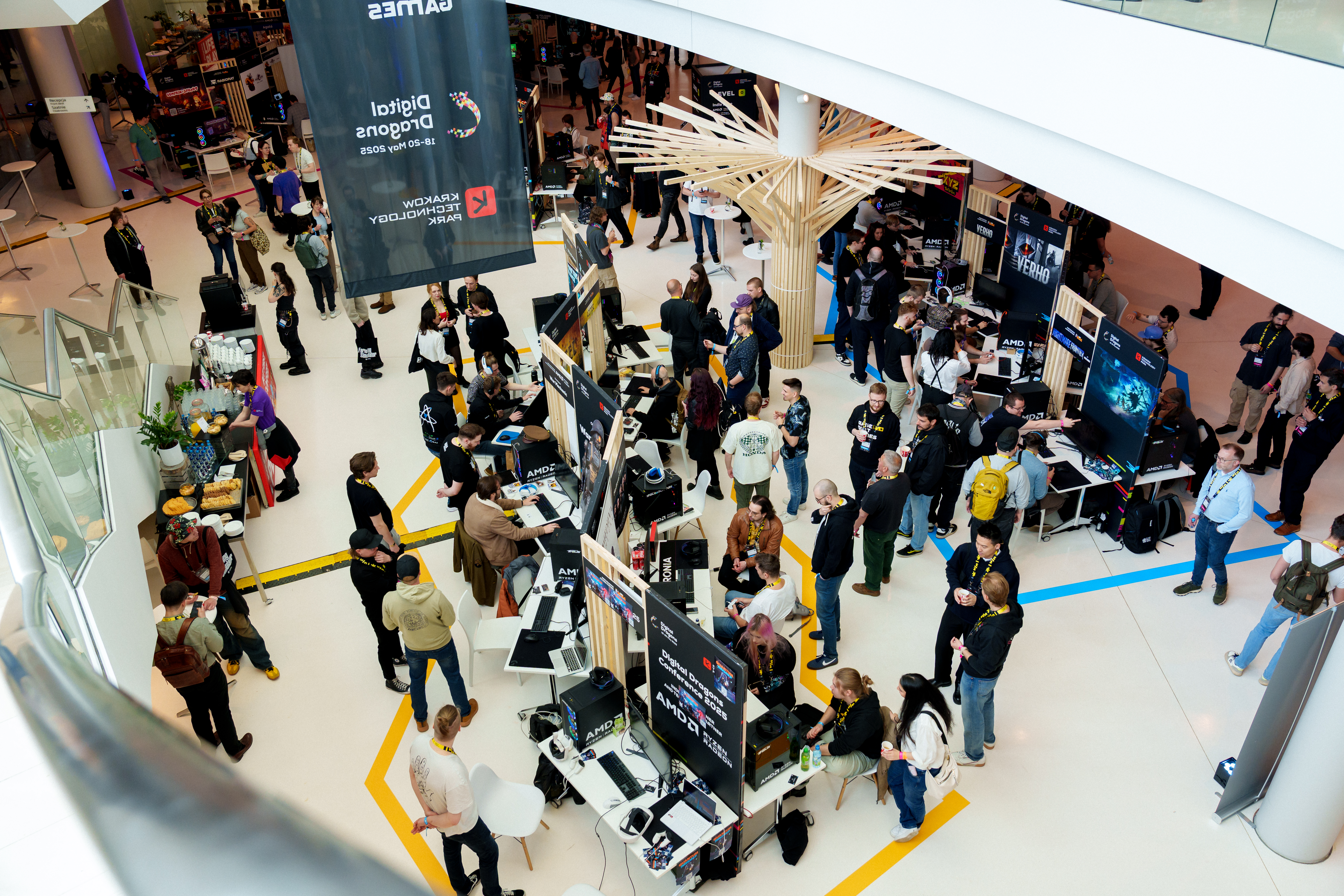
This is our most important – or maybe the only – cultural export.
Jakub Marszalkowski
"It's one ecosystem. So everything grows together," says Jakub Marszalkowski, representing Indie Games Poland Foundation, on the importance of championing indies at prestigious events such as Digital Dragons.
"This industry is growing in, as it was said already, a little bit of a grassroot process from the bottom up. So all the big companies we have now, at some point were smaller companies. This – being independent – was an important part of it."
Shining a light on the exceptional talents of the Polish games sector is especially important given the country's historical context. Since the fall of communism in the country as of 1991, Poland has been pushing to "catch up to the West," as Marszalkowski put it, and forge a new identity as a tech-savvy nation of creatives and opportunity.
With an estimated 15,200 individuals currently in the Polish gaming workforce – "which makes us, on talent pool size, bigger than Germany and somewhat parallel with France" – the country is already taking serious strides forward.
"We don't have that many other cultural exports," Marszalkowski says, referencing how Polish industries missed critical waves when it comes to music, film, and other creative booms post World War 2. "But the game industry, we were there from the very beginning.
"You probably have not seen many Polish movies, you probably have not listened to much Polish music, but you definitely know some Polish games. So this is our most important – or maybe the only – cultural export, and we should rely on that a lot to have our voice being heard globally."
Passing the baton
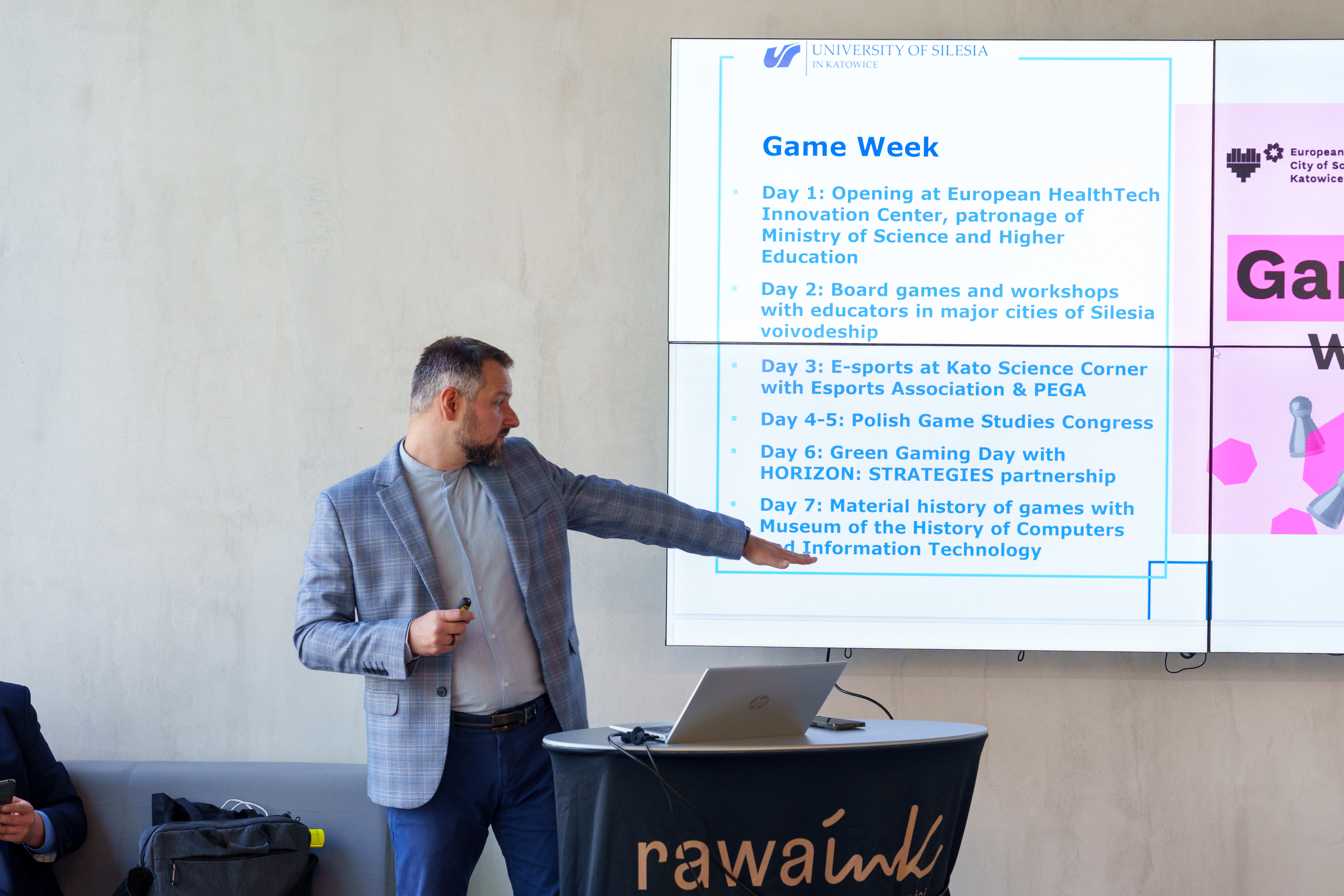
There's a focus on building prestige here, a sense of "quality over quantity"...
This extends to amplifying the voices of not only current industry professionals, but emerging talents too.
During my trip to Krakow, we had a day excursion to the neighboring postindustrial city of Katowice, where the country's already booming game development scene is being supported through an impressive array of theoretical and practical further education courses.
The effects of these sophisticated programmes is evident at Digital Dragons, where a team of young developers – Rabid Rat, the animation studio-turned game developers who created the aforementioned co-op platformer Bumpkin & Sprout – won the indie Best Pitch award on the final day of the conference, alongside Atomnius, an even younger cohort of gamedevs, who snatched the community vote.
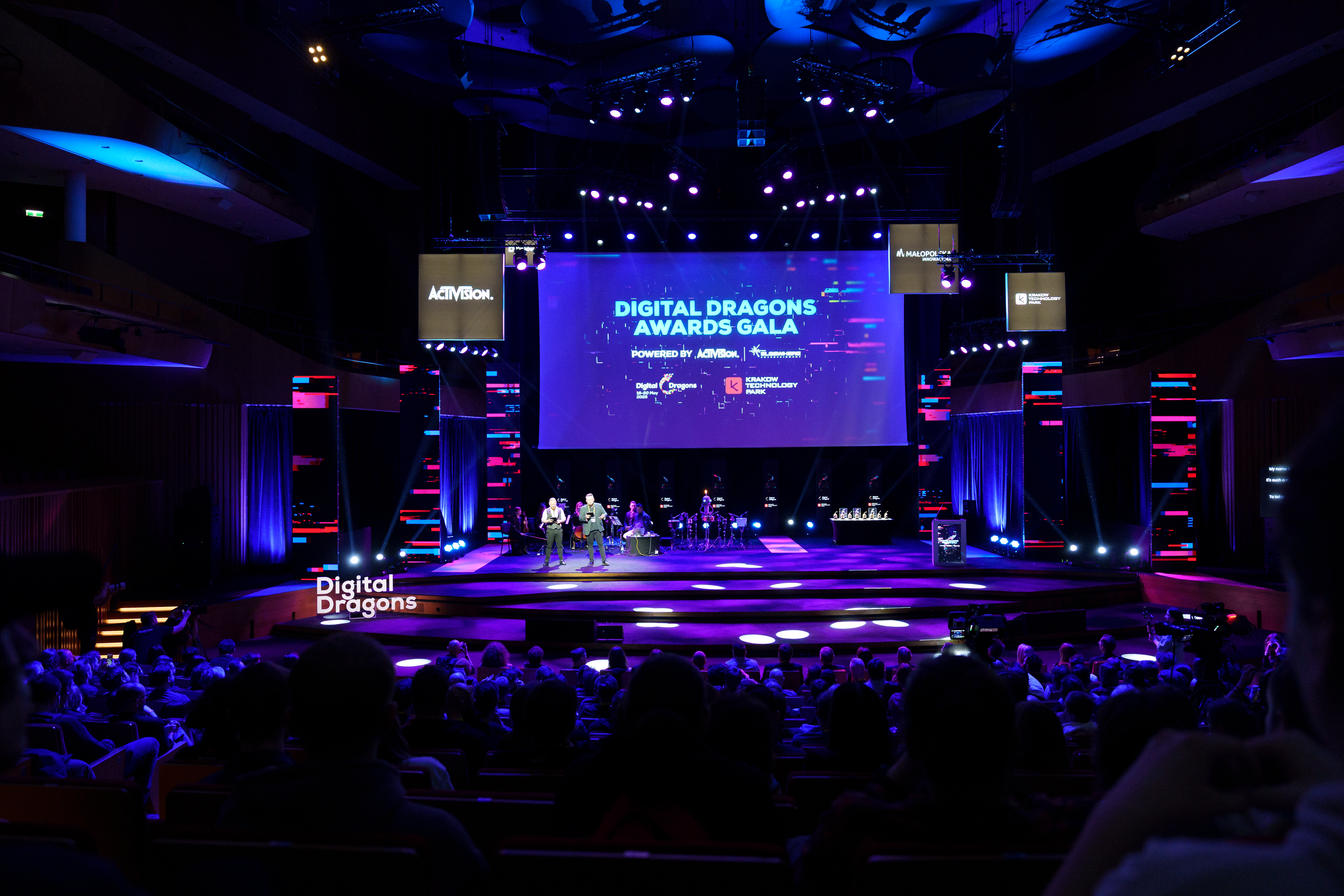
The joy was magnified given that 11 Bit, winner of Best Polish Game for Frostpunk 2, had donated their swanky PC prize to the pitch award victor as an act of solidarity. Every studio has to start somewhere, and for a conference about prestige, there's no room for elitism here.
It was a heartfelt moment – and yes, I very nearly shed a little tear because of it – that perfectly encapsulated how important Digital Dragons has become for studios large and small. This conference is a rare chance for developers to celebrate their wins, even amid a growing spate of industry layoffs, and find connection through the stress and pressure of their chosen career.
Digital Dragons is a reminder that, despite how many excellent Polish games I've played and adored, the best is yet to come – sooner than you think.
June is here, meaning Summer Game Fest 2025 is just around the corner! Here's a full list of the events to expect from June 6-8

Jasmine is a Senior Staff Writer at GamesRadar+. Raised in Hong Kong and having graduated with an English Literature degree from Queen Mary, University of London, she began her journalism career as a freelancer with TheGamer and TechRadar Gaming before joining GR+ full-time in 2023. She now focuses predominantly on features content for GamesRadar+, attending game previews, and key international conferences such as Gamescom and Digital Dragons in between regular interviews, opinion pieces, and the occasional stint with the news or guides teams. In her spare time, you'll likely find Jasmine challenging her friends to a Resident Evil 2 speedrun, purchasing another book she's unlikely to read, or complaining about the weather.
You must confirm your public display name before commenting
Please logout and then login again, you will then be prompted to enter your display name.
